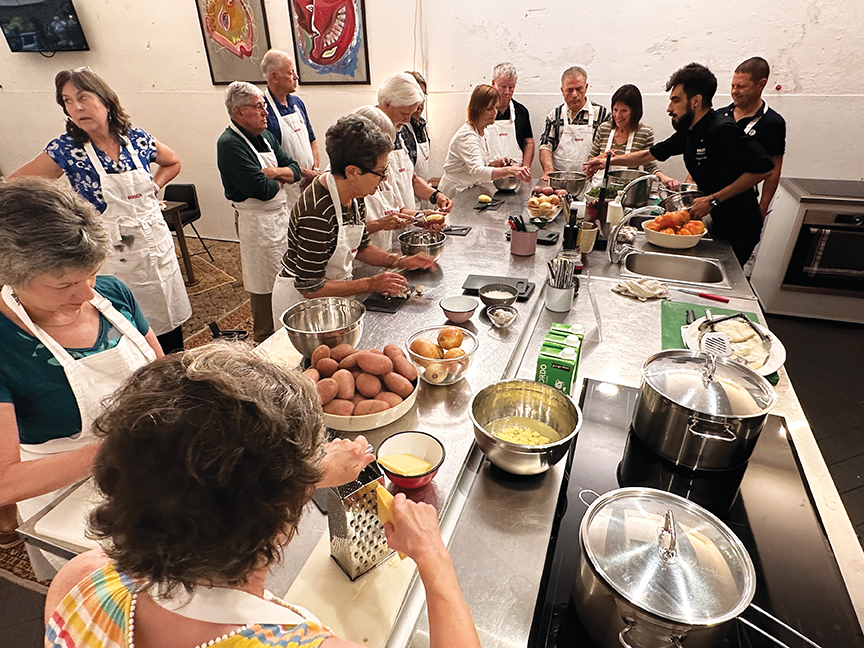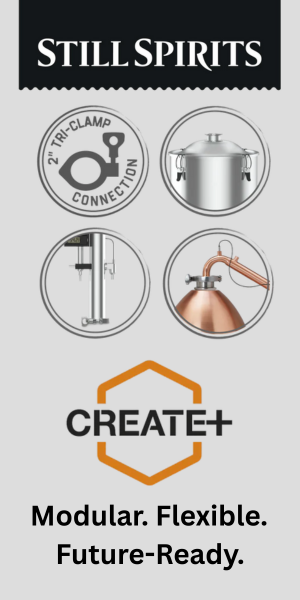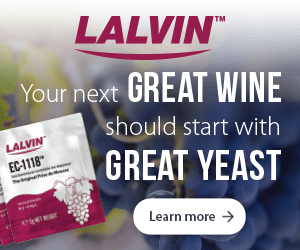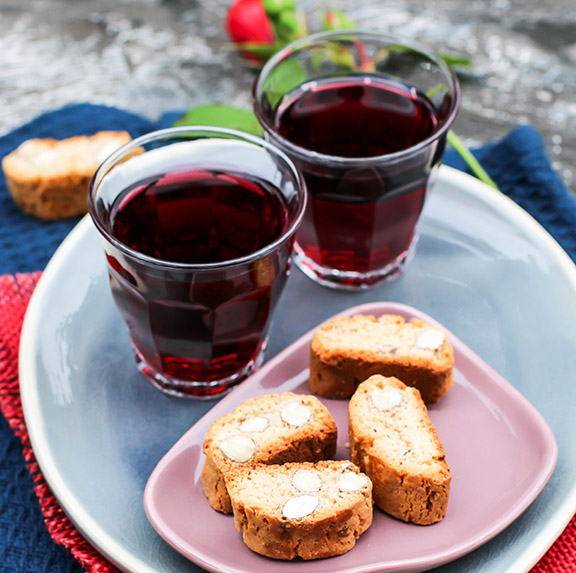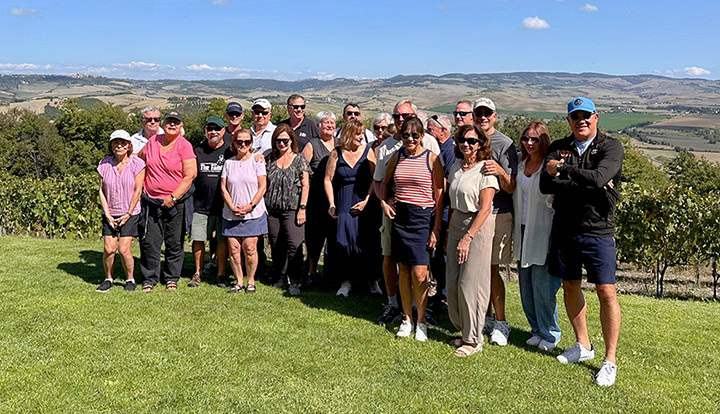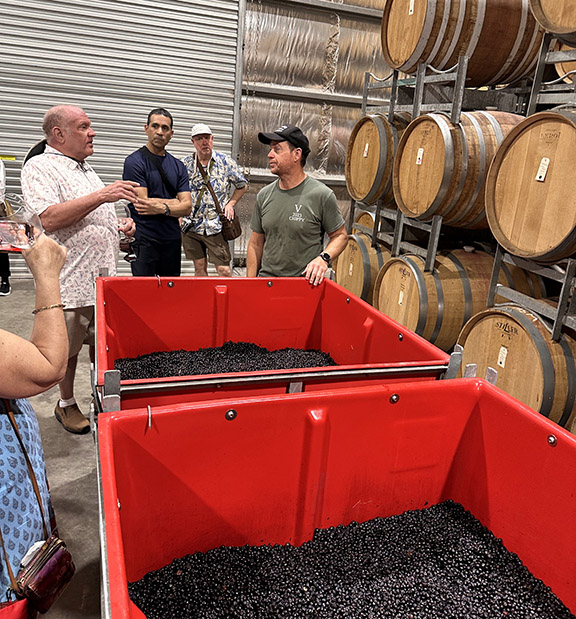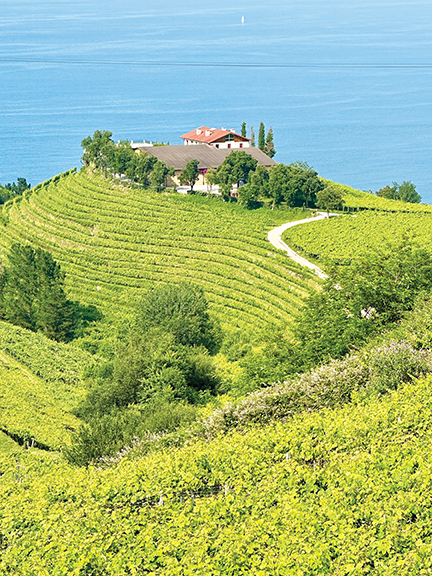Port and So Much More!
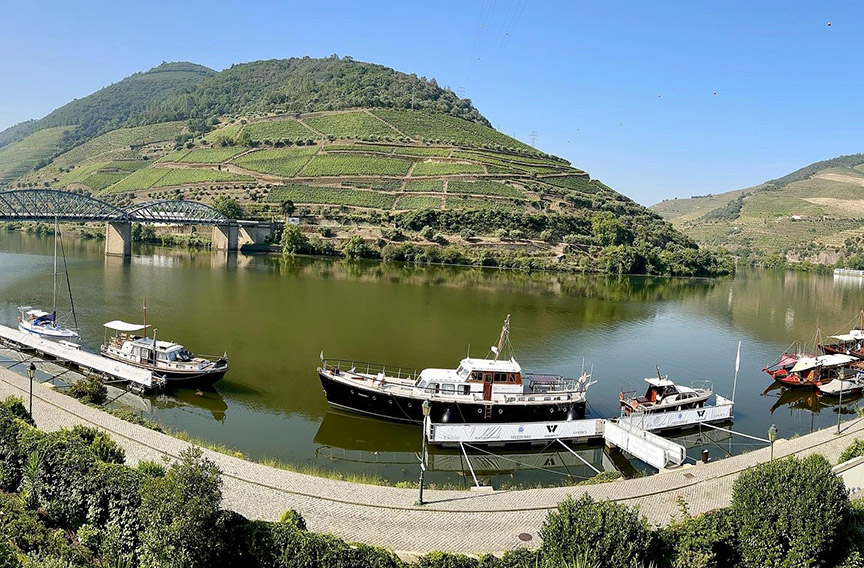
WineMaker readers including Publisher Brad Ring spent a week in June exploring beautiful wine regions across Portugal. The group learned about not only Portugal’s well-known contributions to the world of wine such as Port and cork, but also experienced the many different grapes and table wines that rarely travel outside the borders of this beautiful country. We also learned new winemaking techniques and tips meeting with local pro winemakers happy to answer questions from North American home winemakers while we enjoyed sampling their wines. And along the way we enjoyed Portugal’s delicious cuisine with wine-paired meals and even took a local cooking class producing our own three-course traditional Portuguese lunch.
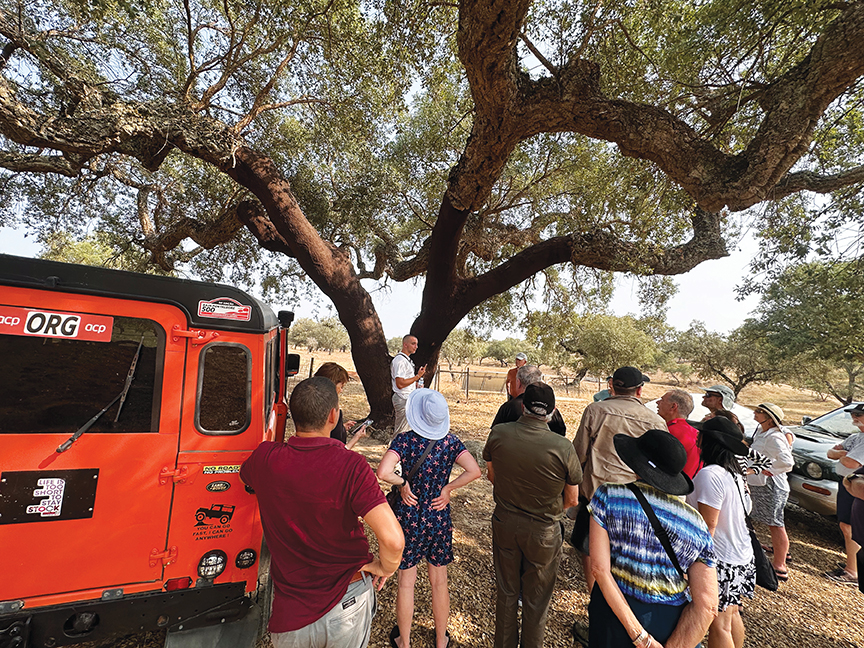
Portugal produces more than 60% of the world’s wine corks so it was special to go right to the source and visit a cork tree farm owned by the same family for five generations and learn more about the cork bark harvesting process that eventually will end up sealing our wine bottles. Family-run wine businesses were definitely a theme as we visited small wineries throughout the country where past generations inspired the current family members to make the best wine possible including Rui Lucas at his Prior Lucas Vinhos in the Bairrada region of central Portugal. He started his winery to reclaim his family’s lost heritage of growing grapes and making wine in the same town where he grew up and his great grandfather used to own a vineyard and winery.
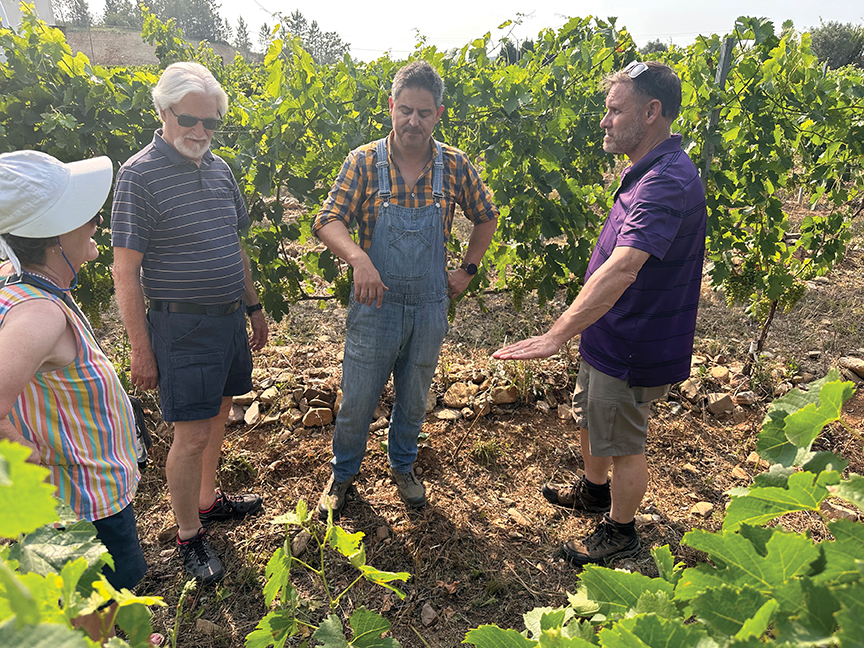
The scope of wine history in Portugal is tangible, especially when the group did a deep dive into Port. Whether it was exploring the terraced, hillside vineyards of the beautiful Douro River Valley where the grapes for Port have been grown for hundreds of years or touring the wine lodges in Porto with aging vats of every size and shape that are often older than the United States itself, it was a fascinating lesson on the techniques and history of the world of Tawny, White, and Vintage Ports.
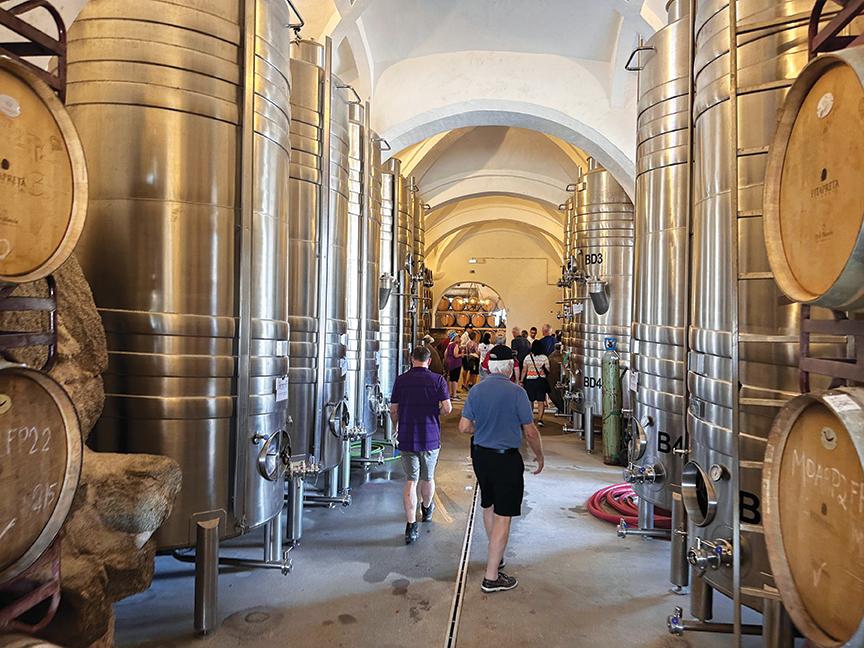
A real eye-opener for this group of WineMaker readers was the quality and diversity of their table wines made with many grapes that aren’t widely used outside of Portugal. Almost all the table wines produced in Portugal stay in the country and very few are exported to North America, making this trip one of discovery as new wines were sampled and more than a few bottles packed into luggage for the trip home. The local winemakers enjoyed educating us about their local grapes and winemaking techniques at every stop in stunning locations such as the Fitapreta Winery located in a 14th Century palace. From the cooler and forested north of the Vinho Verde wine region producing white wines with a strong acid backbone down to the sun-baked Alentejo wine country in the south with their big reds, we were lucky to learn firsthand that Portugal produces table wines rivaling any others in Europe. And it was a trip made extra special by sharing it with 18 fellow home winemakers passionate about wine and winemaking while exploring the special culture of the wine regions of beautiful Portugal.
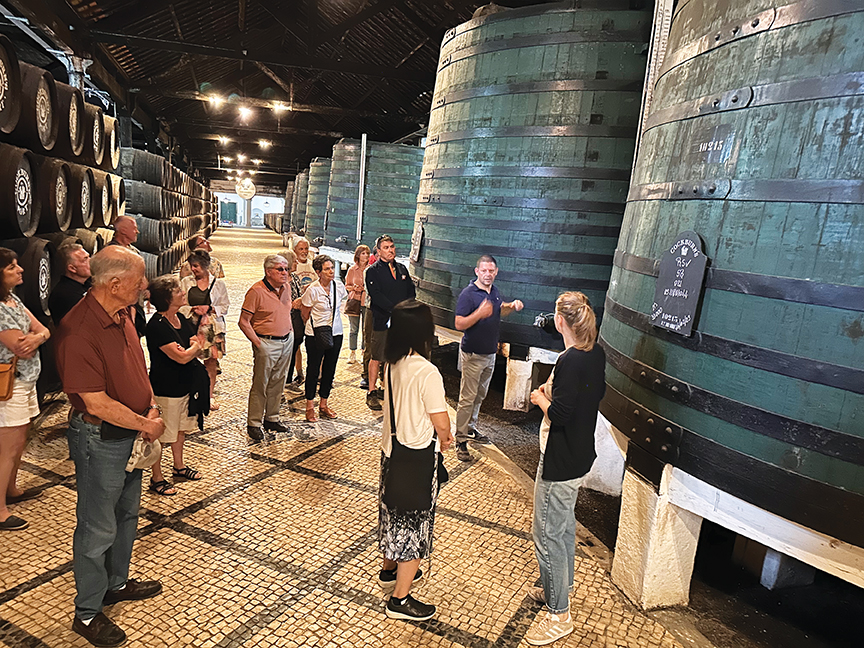
Our next WineMaker trip with space available will be to Rioja, Spain, and Basque Country June 23–28, 2024. Details on exploring the wines and winemaking in the world-famous Rioja region as well as wineries on both sides of the French-Spanish border in Basque Country can be found at winemakermag.com/trip. We hope you can join us on a future WineMaker adventure. Saúde!
